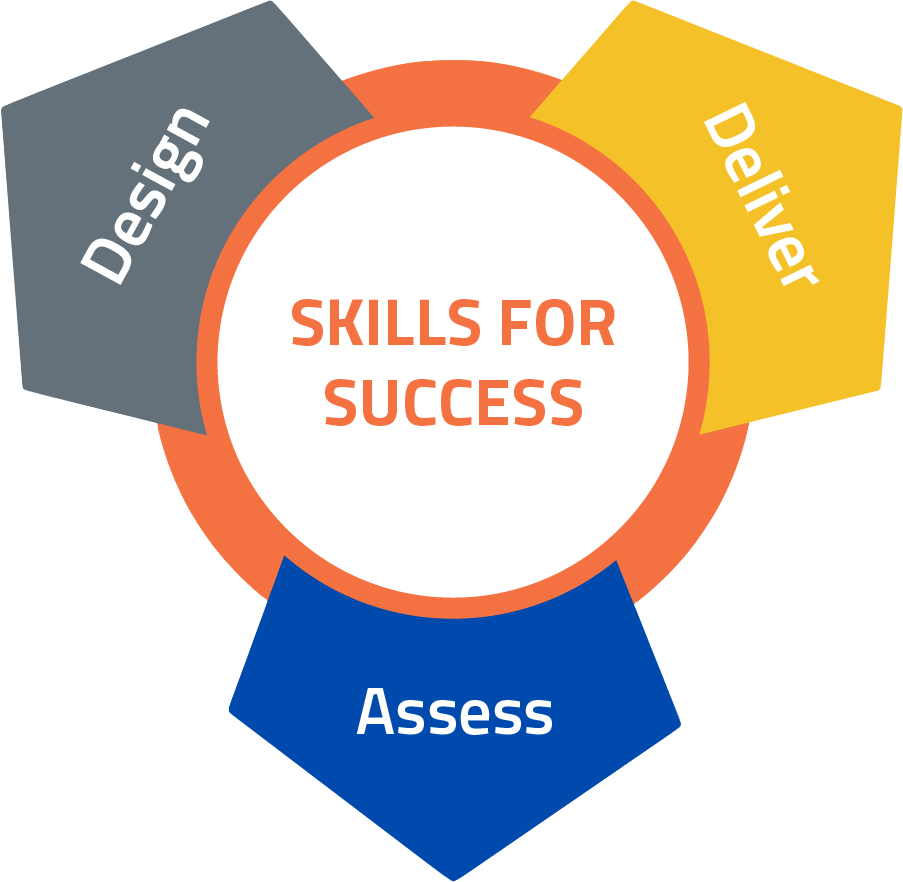Benchmarks refer to measuring participants against specific standards and learning goals. Benchmarking allows educators to identify participants’ strengths and weaknesses, which can then inform future instruction and be used to measure performance gains.
- Skills for Success Assessment and Training Tools. https://www.canada.ca/en/services/jobs/training/initiatives/skills-success/tools.html
- Test of Workplace Essential Skills (TOWES). http://www.towes.com/
- Employability Skills Assessment Tool (ESAT). FutureWorx. https://futureworx.ca/employability-skills-assessment-tool/
- Skills Builder Benchmark. https://www.skillsbuilder.org/benchmark
- Enhancing higher education system performance. OECD. (n.d.). https://www.oecd.org/education/skills-beyond-school/Benchmarking-Report.pdf
- Language benchmarks. Canada.ca. (n.d.). https://www.canada.ca/content/dam/ircc/migration/ircc/english/pdf/pub/language-benchmarks.pdf
